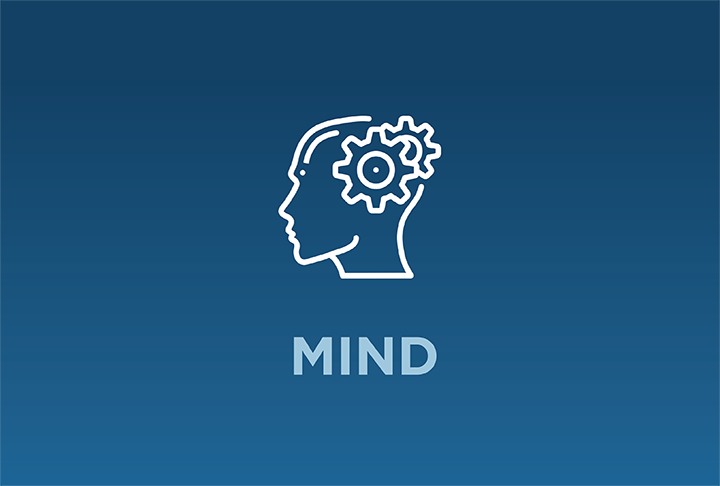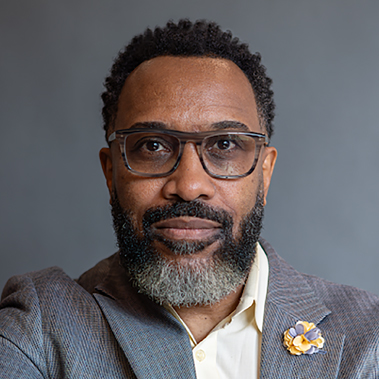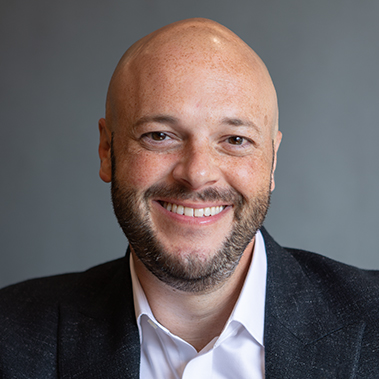
You and Marty McFly have something in common. Actually, it’s a common problem. Yes, yes, I know he’s a fictional character from the iconic movie Back to the Future, but you and he face the same perplexing challenge — it’s the “What if” game. For Marty, the “what ifs” come with the frantic voice of a mad scientist (Doc Brown) yelling out horrible consequences that will alter the future. But, if you’re like me, you don’t need a Doc Brown type pointing out catastrophic “what ifs.” You probably do that perfectly well all by yourself!
Challenge:
You’re smart; a thinker who’s proven your prowess by typically being a step or two ahead of the pack. But, sometimes that brain of yours becomes too “smart” for its own good. It starts working against itself. It tries to anticipate too much… think too far ahead… consider too many variables. And, this challenge has probably popped-up and plagued you throughout your career at various times. In other words, your ace in-the-hole (your critical thinking skills) has now become your Achilles heel.
Psychological Principle:
There’s a new, unique branch of psychological research called “Prospective Psychology,” and it’s primary focus is Back to the Future — not the actual movie, but the movie’s concept. In discussing this field of psychology, renowned psychologist Dr. Martin Seligman recently pointed out a key difference between you and the animal kingdom is your ability to live in 3 points of time, at once. In other words, you don’t need a DeLorean time machine to time travel. Everyday, while you live in the present, you mentally travel back and forth to past experiences as well as future possibilities — almost seamlessly. In fact, Dr. Seligman writes in the New York Times about a recent study where people are going about their daily business throughout the streets of Chicago, but their minds are primarily focused on their futures and possible outcomes. Psychologists believe this future orientation keeps people hopeful, growth oriented and forward moving.
But, living too far into the future can cause problems. There are too many variables; too many “what ifs;” too many uncertainties and unknowns. And, this is where movies such as Back to the Future can become overly complicated. The same goes for you. How many times has living too far into the future overly taxed your brain and hindered your performance in the present? So, how are you supposed to live in the future (be growth minded) but not too far that it hinders your current performance?
Mindset Shift:
While there are certainly benefits to living with a future orientation, don’t discount the past. Your past is just as important! Why? Because the past is your best insight to predicting your future and navigating the unknowns. Look, the future does not just happen to you. Rather, you respond to unfolding events in a highly predictable pattern unique to you and your past. Amazon and Google know this — in fact, they depend on it. They look at your past buying and search patterns to predict your future movements. And this is precisely the mindset shift you want to take advantage of when feeling overwhelmed with the uncertainties and unknowns ahead.
Performance Shift:
Imagine that you’re a professional speaker. You’ve successfully delivered thousands of public speeches, corporate conferences and client workshops. Now consider you have an upcoming keynote address to deliver for a major corporate client next week. Would you be nervous about it? Panicked? Filled with feelings of dread and anxiety? Well, I know I would be stressed-out because this is precisely my situation every week! Yes, I tend to live too far into the future and only see prospects of looming disaster with every talk I’m about to give. This is not helpful and it can severely impede my ability to think, work and play in the present moment. So, I have to tell myself to STOP these “what if” games. I have to force myself to look back into my past, recognize my pattern of over-playing these worst case scenarios while easily overlooking all the past evidence of my consistent success to deliver talks that help and WOW audiences. When I do this — closely examine the past and consider my past successful track-record — all of the sudden, the upcoming speaking event is put into perspective and seems much less uncertain and less unpredictable.
The future is not something you have to dread. Of course, you don’t know exactly what’s going to happen, but you can look back into the past to predict with a high degree of certainty what’s likely to unfold. After all, that’s why we study history in school. And, even during unprecedented times (i.e. all of 2020) when the world seems out of control, you can, at the very least, look to your own past to better know, predict and prepare yourself for whatever may lay ahead. All of this is to say, the best way to deal with uncertainty and unknowns is to go Back to the Future.















0 Comments